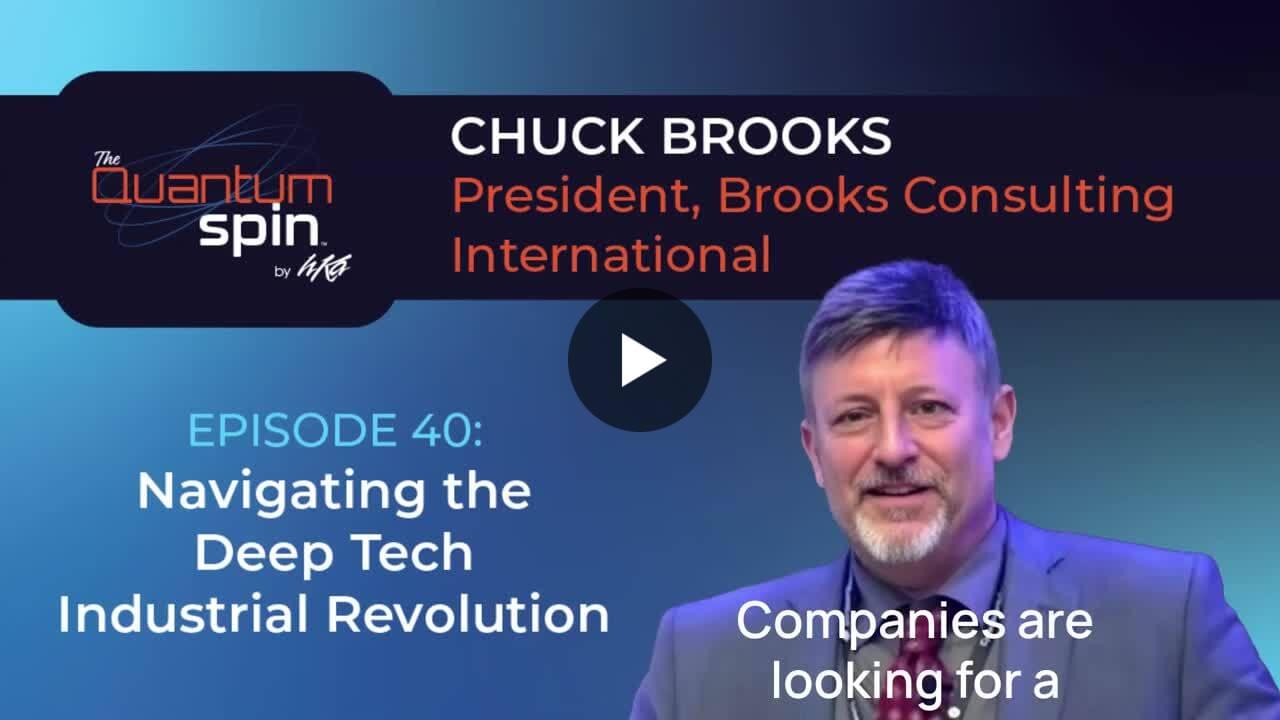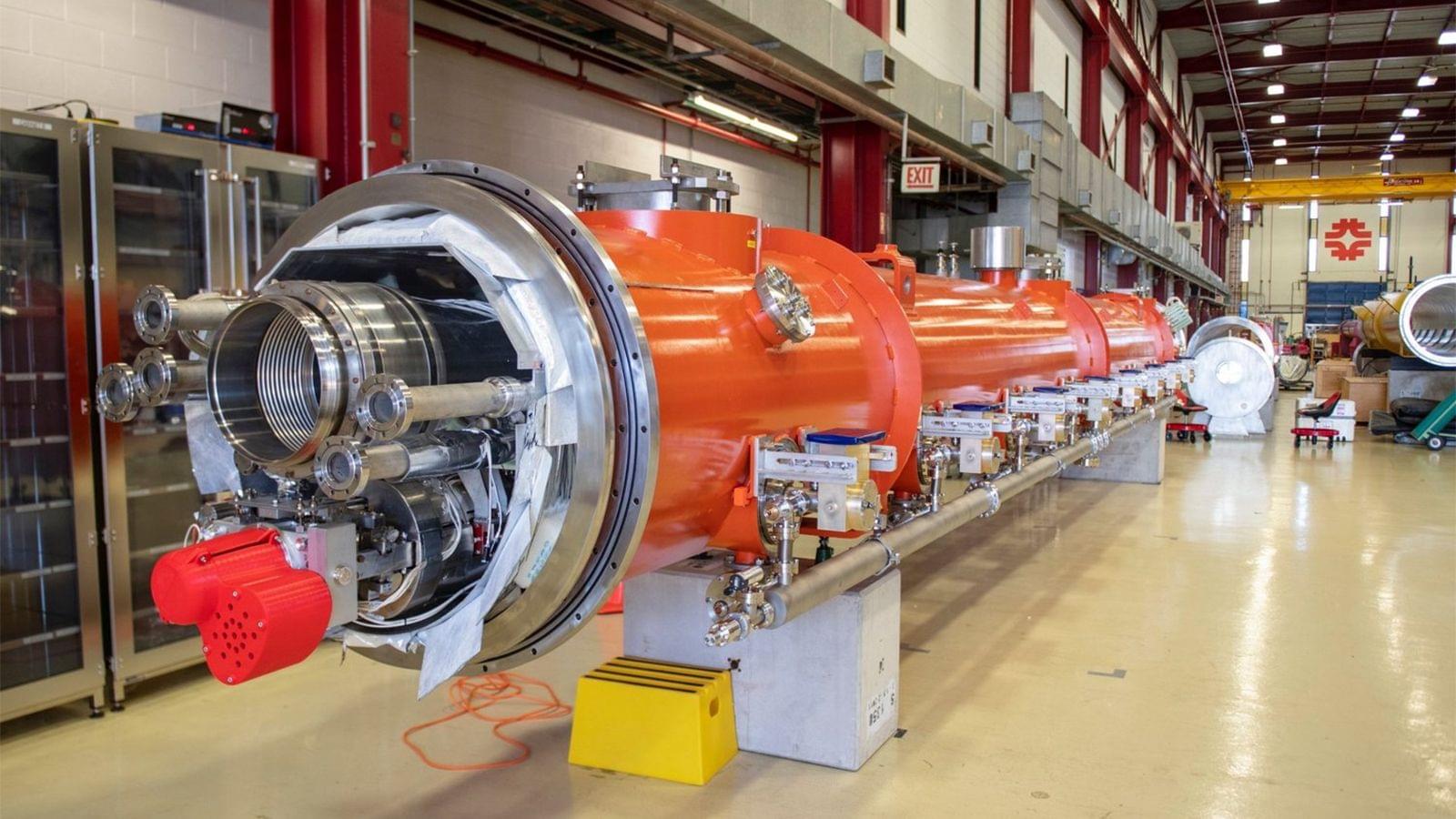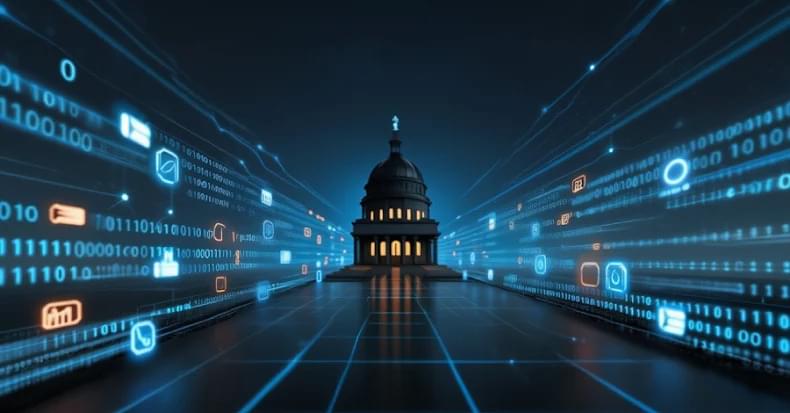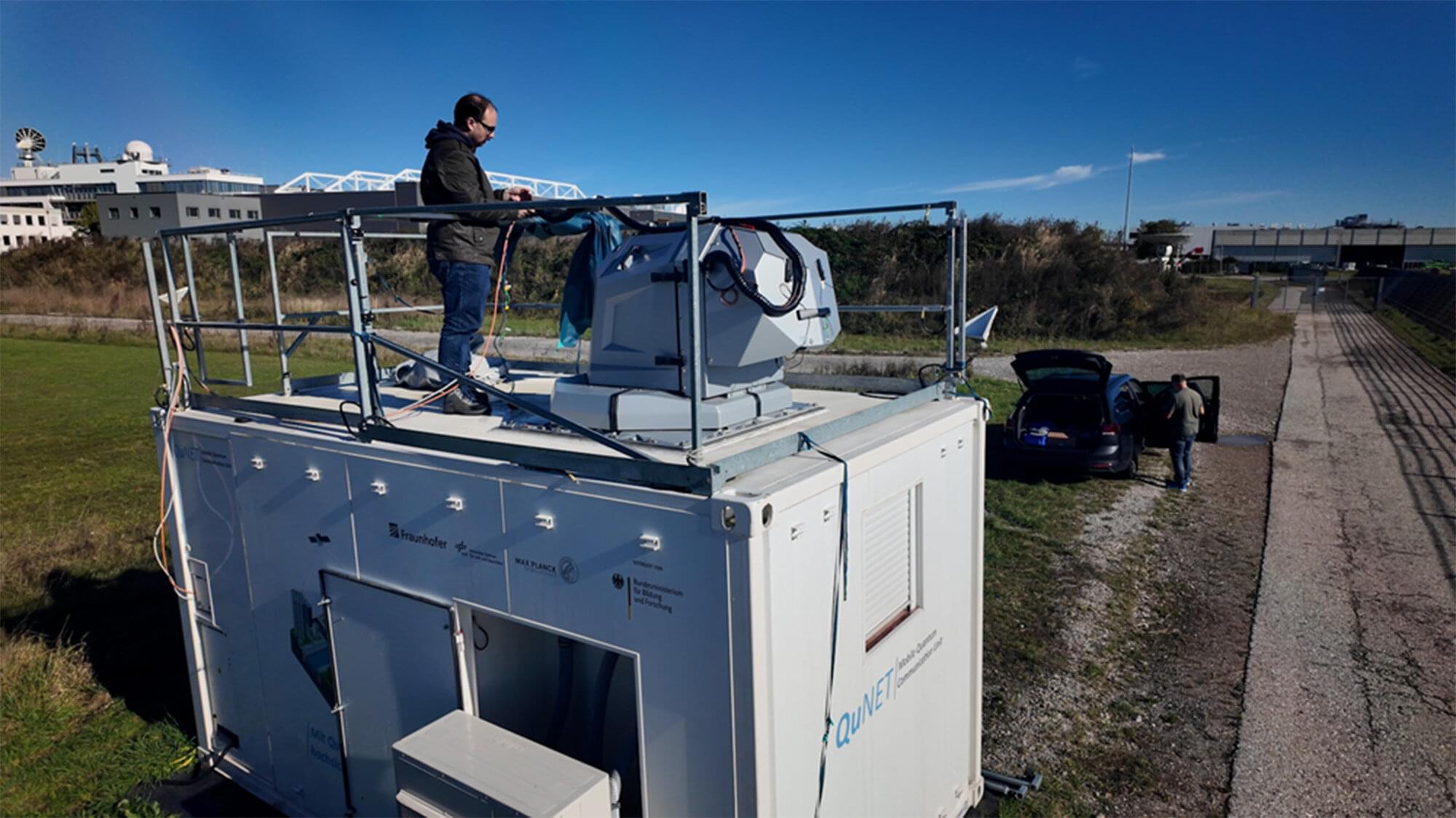GoldFactory spreads modified banking apps in Southeast Asia, causing 11,000+ malware infections through government impersonation scams.



U.S. prosecutors have charged two Virginia brothers arrested on Wednesday with allegedly conspiring to steal sensitive information and destroy government databases after being fired from their jobs as federal contractors.
Twin brothers Muneeb and Sohaib Akhter, both 34, were also sentenced to several years in prison in June 2015, after pleading guilty to accessing U.S. State Department systems without authorization and stealing personal information belonging to dozens of co-workers and a federal law enforcement agent who was investigating their crimes.
Muneeb Akhter also hacked a private data aggregation company in November 2013 and the website of a cosmetics company in March 2014.

Navigating The Deep Tech Industrial Revolution with Chuck Brooks.
Link.
Chuck Brooks got his start in cybersecurity at the Department of Homeland Security, as one of the organization’s first hires. He has worked in Congress and other agencies, as well as large companies and cybersecurity firms. He uses experiences to teach students at Georgetown University how to manage change, including the kind posed by quantum tech. In this podcast episode, Chuck and host Veronica Combs discuss digital security threats and how to use AI.
🎧 Tune in here: https://lnkd.in/gMkTjuE6

A top-secret US government body called the Defense Advanced Research Projects Agency (DARPA) has launched a new solicitation seeking proposals for a high-rate, energy-efficient method of producing nitric acid directly from air and water.
The initiative, known as the High-Efficiency Nitrogen Oxidation, or HNO3 program, is aimed at protecting critical U.S. defense-industrial supply chains and reshaping how energetics are produced in contested environments.
According to DARPA, the agency is requesting “innovative proposals in the foundational technologies to enable high-rate, energy efficient, decentralized nitric acid manufacturing to protect critical supply chains in the defense industrial base.”

XLight, a U.S.-based startup developing an EUV light source based on a particle accelerator, on Tuesday signed a Letter of Intent (LOI) with the U.S. Department of Commerce for $150 million in proposed federal incentives under the CHIPS and Science Act. xLight came out of the blue earlier this year when it hired Pat Gelsinger, former chief executive of Intel, as executive chairman. The money, if awarded, will be used to bring xLight’s free-electron laser (FEL) based light source closer to reality once it is built in Albany and its viability is proven in practice.
“With the support from the [Department of] Commerce, our investors, and development partners, xLight is building its first free-electron laser system at the Albany Nanotech Complex, where the world’s best lithography capabilities will enable the research and development that will define the future of chip manufacturing,” said Nicholas Kelez, CEO and CTO of xLight.



The Mexican government will build a supercomputer with a processing capacity seven times greater than the current most powerful computer in Latin America, officials responsible for the project said Wednesday.
Named Coatlicue, after a goddess in Aztec mythology representing the source of power and life, the computer will have a processing capacity of 314 petaflops.
“We want it to be a public supercomputer, a supercomputer for the people,” President Claudia Sheinbaum told reporters.

In this episode of The Quantum Spin by HKA, host Veronica Combs discusses the intersections of quantum technology and cybersecurity with Chuck Brooks, an adjunct professor at Georgetown University and the president of Brooks Consulting International. Chuck discusses how the evolution of technology, particularly AI and quantum computing, has dramatically transformed cybersecurity. The conversation also touches on the role of CISOs, the integration of new technologies, and the importance of ongoing education and adaptation in the face of rapidly changing technologies.
00:00 Introduction to Quantum Spin Podcast 00:34 Guest Introduction: Chuck Brooks 00:46 Chuck Brooks’ Career Journey 02:09 Evolution of Cybersecurity 02:47 Challenges for CISOs 04:27 Quantum Computing and Cybersecurity 07:43 Future of Quantum and AI 10:51 Disruptive Technologies in Organizations 15:15 AI in Academia and Professional Use 17:06 Effective Communication on LinkedIn 18:23 Conclusion and Podcast Information.
Chuck Brooks serves as President of Brooks Consulting International with over 25 years of experience in cybersecurity, emerging technologies, marketing, business development, and government relations. He also is an Adjunct Professor at Georgetown University in the Cyber Risk Management Program, where he teaches graduate courses on risk management, homeland security, and cybersecurity.

As part of the QuNET project, researchers have demonstrated how quantum key distribution works reliably via hybrid and mobile channels. The results are milestones for sovereign, quantum-secured communication in Germany and have been published in the New Journal of Physics.
Quantum communication is considered a crucial technology for long-term data security and thus also for technological sovereignty in Germany and Europe. At its core is the distribution of secure cryptographic keys based on quantum physical processes—quantum key distribution (QKD).
QKD will not only be important for highly secure communication in government agencies, the military, and businesses, but will also help protect the data we use in our daily lives.